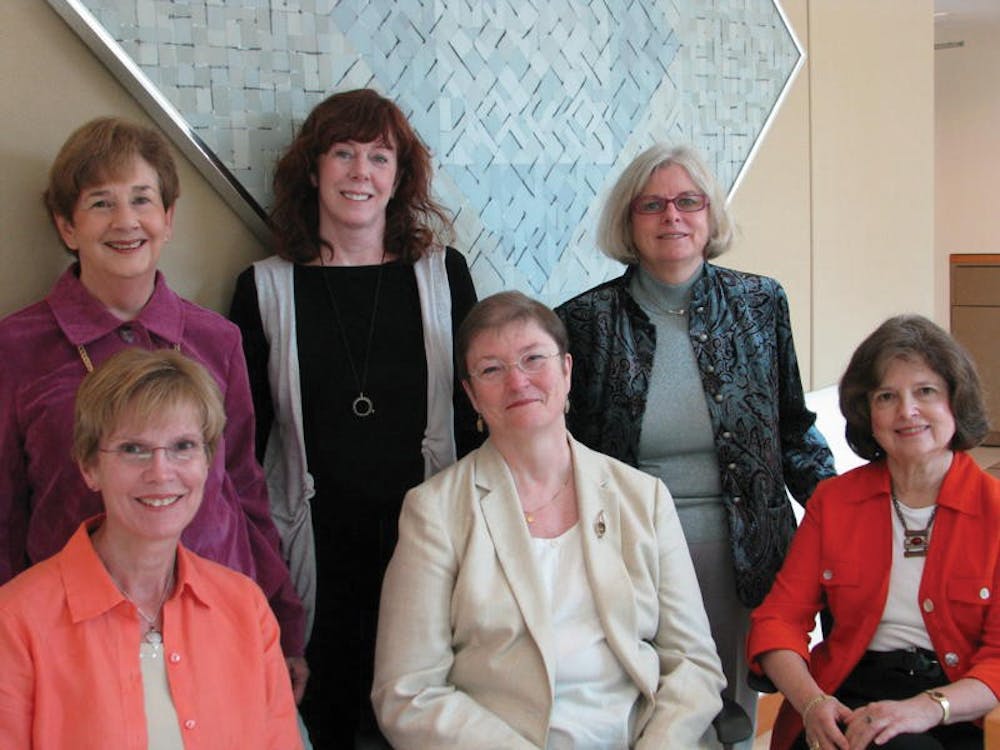The Nursing School will soon begin a three-year program to educate and prepare local and commuter graduate students to specialize in rural health care, Program Director Dr. Doris Glick said.
The school, using a $1.2 million grant awarded in July, plans to use both classroom teaching and distance education online courses open to both full-time and part-time students of the University's Graduate Nursing program, Project Co-Director Pamela Kulbok said. The Nursing School finally received the grant from the Health Resources and Services Administration, a division of the U.S. Department of Health and Human Services, after applying two previous times.
Since 2003, students have traveled from Harrisonburg, Roanoke, Hampton Roads and other regions in Virginia to study in the program, said Assoc. Prof. Catherine Kane, distance learning coordinator.
"The grant funds will improve our electronic distance capacity and make it possible for nurses in rural areas to study the same curriculum as local students without the commute," Kane said.
The team of six faculty who applied for the grant hopes to expand distance education to include more interactive video conference and audio options for distance students, Kulbok said. Currently the program is in its planning phase, and officials hope to see enrollment open next year.
In addition to improving the technological advancements for distance students, the "grant will provide more funding and more support for recruitment," Kulbok added.
The graduate nursing programs not only recruit students from the baccalaureate program but also from across the state, she said. A central goal, therefore, is to use the grant money to increase enrollment of both on-Grounds and commuter students through more frequent and widespread recruiting, Glick said.
"For a while now, we have made distance education available to graduate nursing students studying Public Health Leadership and Health Systems Management," Kulbok said, "but with this grant, we can extend the distance education program to those nursing students studying Psychiatric Mental Health."
Data shows that nurses educated close to home are more likely to stay and work in their local communities after receiving an advanced degree, Glick said.
"We hope this program will alleviate the impact of the current national nursing shortage in rural areas of Virginia by making advanced education available in these less populated locations," she explained.
Kulbok added that nursing shortages are cyclical and, when they do occur, rural areas are hit the hardest. Care for people with mental illnesses in rural areas is especially inadequate because of a lack of appropriately educated clinicians, Kane said.
Both Glick and Kulbok said an important underlying aim of the program is to expand partnerships between the Nursing School and public and private health agencies to address health service disparities in rural areas.







